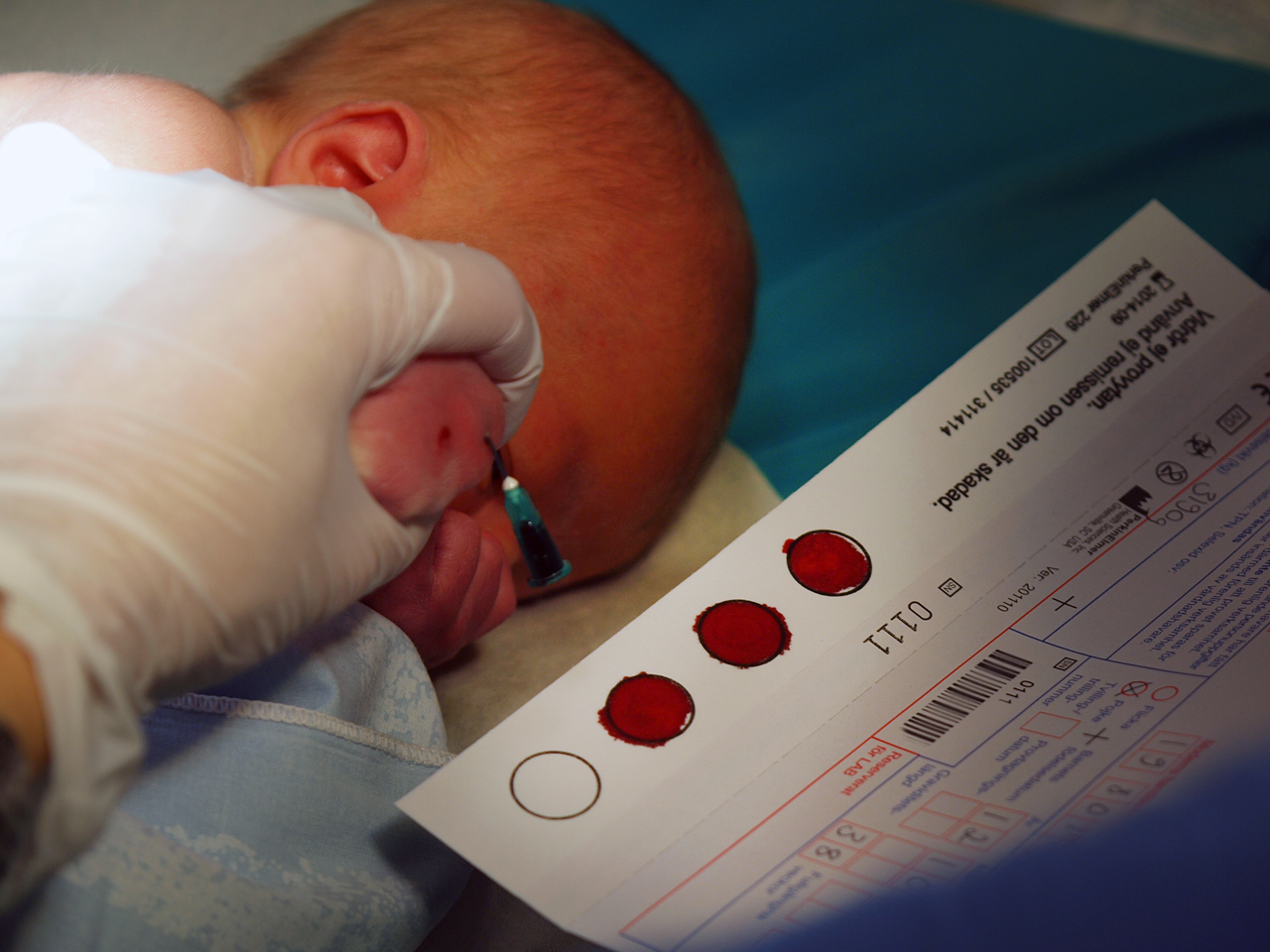|
Office Of Biorepositories And Biospecimen Research
The Office of Biorepositories and Biospecimen Research is a division of the United States National Cancer Institute which was formed in 2005 to promote and develop biobank infrastructure. History The guidelines which the OBBR published were among the first generation of policies relating to biobank ethics Biobank ethics refers to the ethics pertaining to all aspects of biobanks. The issues examined in the field of biobank ethics are special cases of clinical research ethics. Overview of issues The following table shows many of the leading controvers .... Biospecimen Research Network Symposia The OBBR organizes an annual conference called the "Biospecimen Research Network Symposia". References External links *{{Official website, http://biospecimens.cancer.gov Biobank organizations ... [...More Info...] [...Related Items...] OR: [Wikipedia] [Google] [Baidu] |
National Cancer Institute
The National Cancer Institute (NCI) coordinates the United States National Cancer Program and is part of the National Institutes of Health (NIH), which is one of eleven agencies that are part of the U.S. Department of Health and Human Services. The NCI conducts and supports research, training, health information dissemination, and other activities related to the causes, prevention, diagnosis, and treatment of cancer; the supportive care of cancer patients and their families; and cancer survivorship. NCI is the oldest and has the largest budget and research program of the 27 institutes and centers of the NIH ($6.9 billion in 2020). It fulfills the majority of its mission via an extramural program that provides grants for cancer research. Additionally, the National Cancer Institute has intramural research programs in Bethesda, Maryland, and at the Frederick National Laboratory for Cancer Research at Fort Detrick in Frederick, Maryland. The NCI receives more than in funding ea ... [...More Info...] [...Related Items...] OR: [Wikipedia] [Google] [Baidu] |
Biobank
A biobank is a type of biorepository that stores biological samples (usually human) for use in research. Biobanks have become an important resource in medical research, supporting many types of contemporary research like genomics and personalized medicine. Biobanks can give researchers access to data representing a large number of people. Samples in biobanks and the data derived from those samples can often be used by multiple researchers for cross purpose research studies. For example, many diseases are associated with single-nucleotide polymorphisms. Genome-wide association studies using data from tens or hundreds of thousands of individuals can identify these genetic associations as potential disease biomarkers. Many researchers struggled to acquire sufficient samples prior to the advent of biobanks. Biobanks have provoked questions on privacy, research ethics, and medical ethics. Viewpoints on what constitutes appropriate biobank ethics diverge. However, a consensus has be ... [...More Info...] [...Related Items...] OR: [Wikipedia] [Google] [Baidu] |
Biobank Ethics
Biobank ethics refers to the ethics pertaining to all aspects of biobanks. The issues examined in the field of biobank ethics are special cases of clinical research ethics. Overview of issues The following table shows many of the leading controversial issues related to biobanking. The table names an issue, then describes a point on which there is consensus and an aspect of that same point for which there is no consensus. Privacy for research participants There is broad consensus that when a person donates a specimen for research then that person has a right to privacy thereafter. To this end, researchers balance the need for specimens to be anonymous or de-identified from protected health information with the need to have access to data about the specimen so that researchers can use the sample without knowing the identity of the donor. In the United States, for example, the Office for Human Research Protections often promotes a traditional system wherein data which could identi ... [...More Info...] [...Related Items...] OR: [Wikipedia] [Google] [Baidu] |

